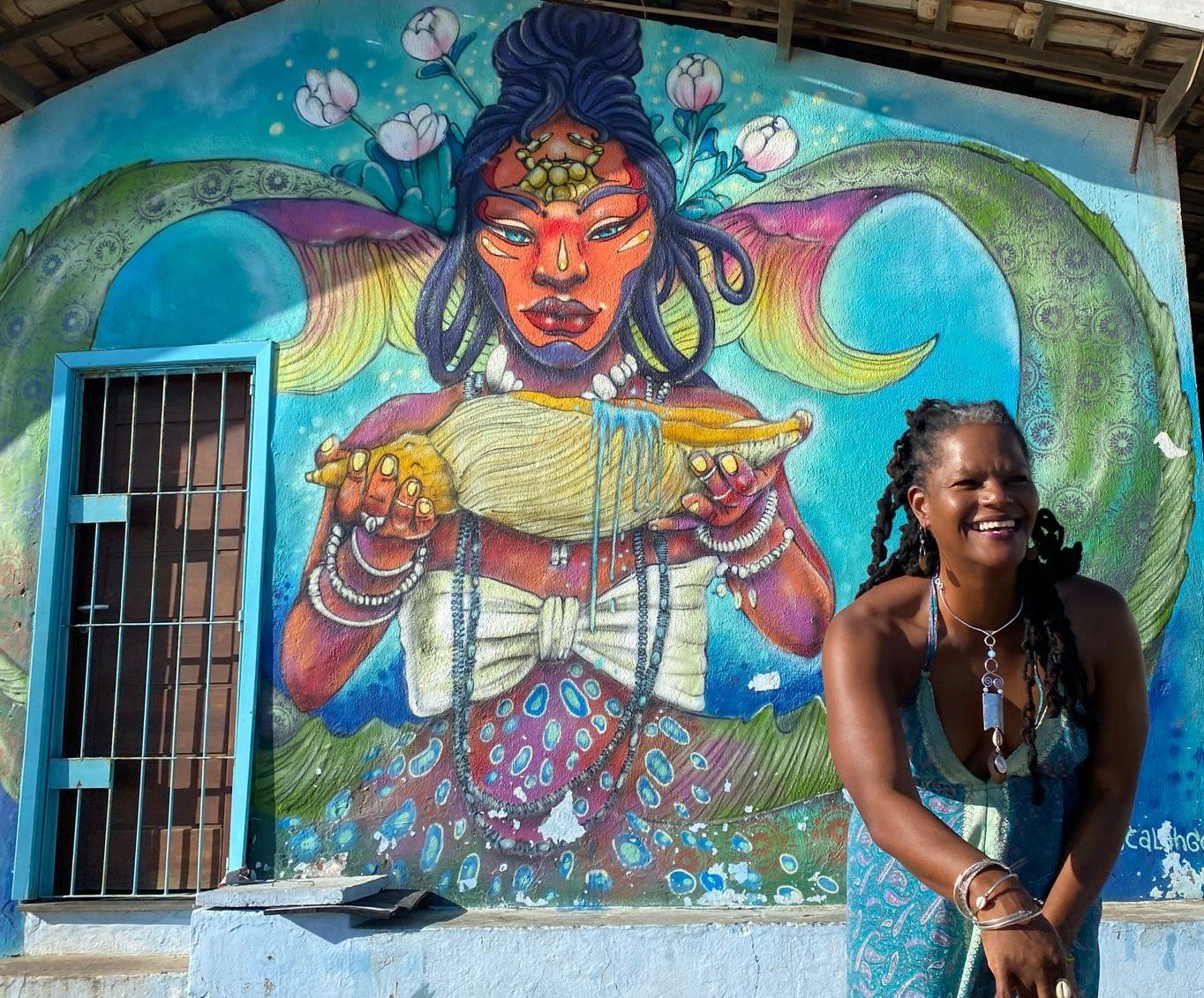

About Me
Dr. Yanique Hume is a scholar, dancer and choreographer who is Senior Lecturer and Head of the Department of Cultural Studies at the University of West Indies, Cave Hill. Dr. Hume’s research is constitutively interdisciplinary, sitting comfortably between the fields of the humanities and creative arts.
She employs a multifaceted approach to cultural inquiry steeped in the traditions of cultural anthropology, cultural studies, comparative religion, performance studies and a critical dance practice. Her scholastic and creative output is presented across diverse platforms for the dissemination of knowledge including books, articles, workshops, invited talks, dance workshops and choreographies.
As a professional dancer and choreographer, she has worked with L’Acadco - a United Caribbean Dance Force, and Danza Caribe of Cuba. Her choreography draws on over 25 years of training in Afro-Caribbean dance with specializations in Haitian, Jamaican and Cuban movement vocabularies.
Dr. Hume is also the co-editor of Caribbean Cultural Thought: From Plantation to Diaspora (2013); Caribbean Popular Culture: Power,Politics and Performance (2016); and Passages and Afterworlds: Anthropological Perspectives on Death in the Caribbean (2018).
As a dancer/mover/explorer of African-diasporic and in particular Afro-Caribbean dance and movement vocabularies, the body becomes a central place to work through the silences and traumas of the past while also highlighting the incredible diversity of our identities. There are several layers of re-memory at stake: personal/individual, experiential, the meta-narrative of the collective re-embodiment as well as the memories re-exhibited by former incarnations that exist within the cellular repositories of the body.

Yanique Hume, Academic and Priestess
Centering my practice within the realm of the sacred presents many possibilities for cultivating collectivities while allowing the individual to also blossom. The spiritual systems that have served communities across the Afro-Atlantic are inherently participatory. They call us to assemble, to enter a divine circle – a place of intimacy, safety and above all else, inclusivity.




